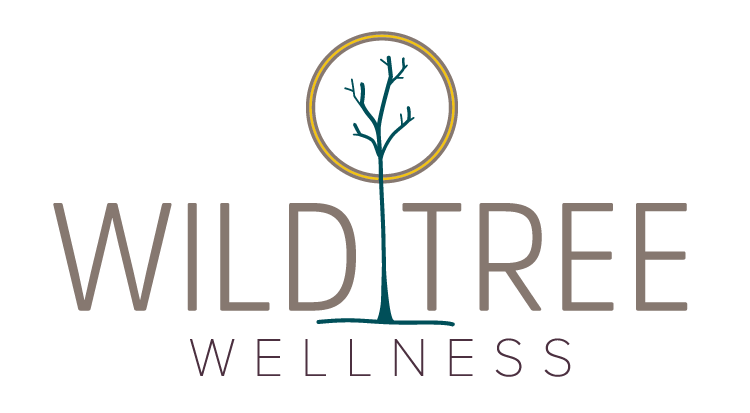October: Domestic Violence Awareness Month
As the month of October begins to wind down, let us not forget that one thing this month stands to bring as a reminder to us every year, beyond costumes and candy, is that of domestic violence awareness. While October is chosen as domestic violence awareness month, that doesn’t imply that we forget about it the rest of the other eleven months of the year. However, let us allow October to remind us to take a moment to stand in the issue. It’s so easy to dismissively say that’s about “them” and not us, to believe that this problem went out the window when the nuclear family of the 1950’s dissolved, or to follow in the path of some law enforcement officers that may grow cynical after responding to 911 calls to the same home over and over for a “domestic dispute.” This is an issue that so gravely impacts our world, and while much has been done to raise awareness that the problem persists, those enduring the fear, the emotional pain, and the loneliness still feel isolated.
Whether this is an issue close to your heart because you are a survivor, or you know someone who is, or you just care about those who are, let us not sit in the darkness of silence, listening to those that support the message that this is a “family issue” to be kept private. That only serves to reinforce the message that “you don’t matter” and that “you have no control;” words that those who live this experience every day hear over and over in their head, reiterated by the ones hurting them. This issue so intimately damages the soul because it teaches the mind to turn on itself. It reinforces the negative thoughts and convinces the brain that this is the best you’ll ever have it, or that you don’t deserve anything else.
Fear is an incredibly powerful tool, and the most vicious weapon employed by abusers. Domestic violence is about power and control. Words, threats, aggressive behavior, violence, manipulation…it’s all used to turn a person into the shell of who they once were; a puppet, if you will. The aftermath of this kind of attack leaves behind a lost, disempowered individual who often doesn’t believe they are worth anything. Most survivors will tell you that it wasn’t the pushes, the kicks, the bruises, the cuts, the body slams, or the choke holds that hurt; those were all temporary – the physical assault would eventually stop, the bruises would fade, and the cuts would close up with hardened scar tissue. They’ll tell you it was the emotional, verbal, mental abuse they endured that cut the deepest. That’s what they’ll carry with them far beyond the physical pain. Ten years later they still might hear the abuser’s voice creep into their head when they feel most vulnerable. It’s hard to feel safe when this type of violence teaches your brain to attack itself.
It takes an incredible amount of courage to step into the light, be seen, and whisper the secret. There is fear that people won’t believe you, that they don’t want to believe that another human being could do this to someone else. This disbelief, and perhaps their feeling of inadequacy in not knowing what to do or say when someone discloses this experience, only serves to reinforce the fear that nothing will change even if I ask for help. Know that moving out of this darkness can be likened to experiencing the death of a loved one. There is grief and loss. There is a sadness in saying goodbye to someone you love, even though they hurt you. There is a loss in moving away from the life you’ve known, even though that life is misery – that change is scary. And just like in the case of a death, there is nothing perfect or magical those around the person can say to make it better. In that grieving process we need people – we need to be surrounded by love, and care, and most importantly, we need people who can carry the hope for us, the hope that things will not always be this way, even if we can’t yet fully see our way out of the darkness.
Written by Lauren Robbins, MS, LPCC, LADC
For more information or help check out these resources:
Minnesota Coalition for Battered Women
Minnesota Office of Justice Programs – resource list for victims
Day One Crisis Hotline: 1.866.223.1111
